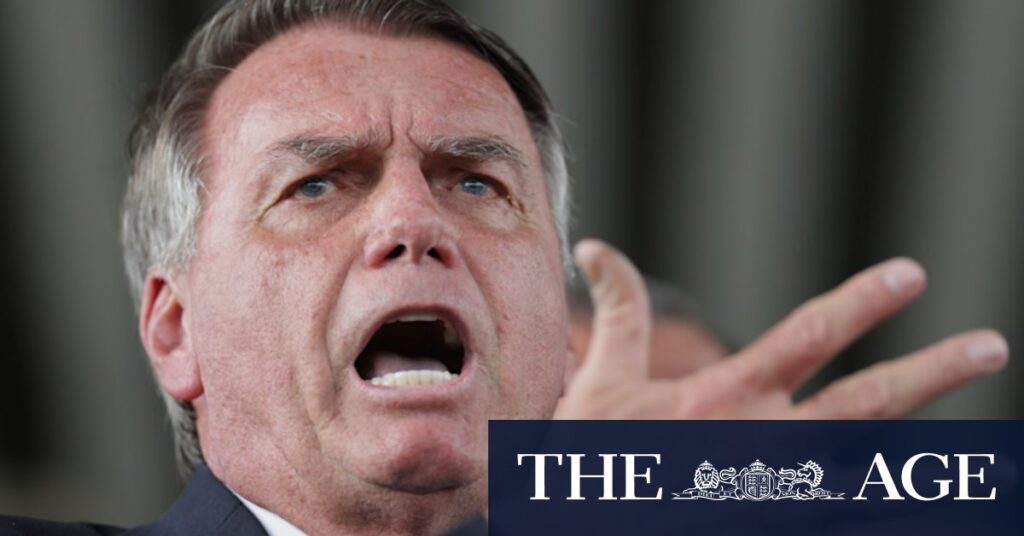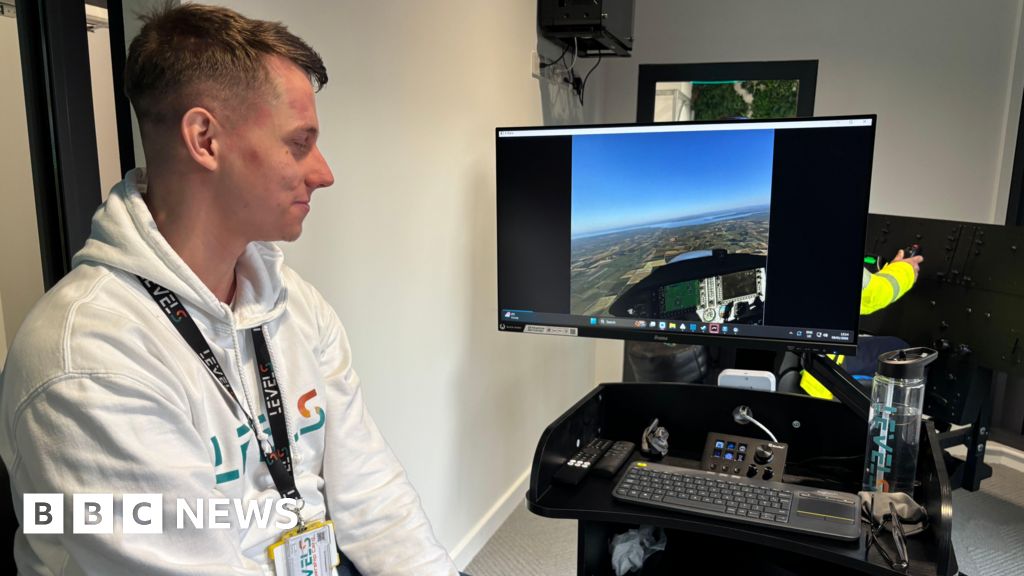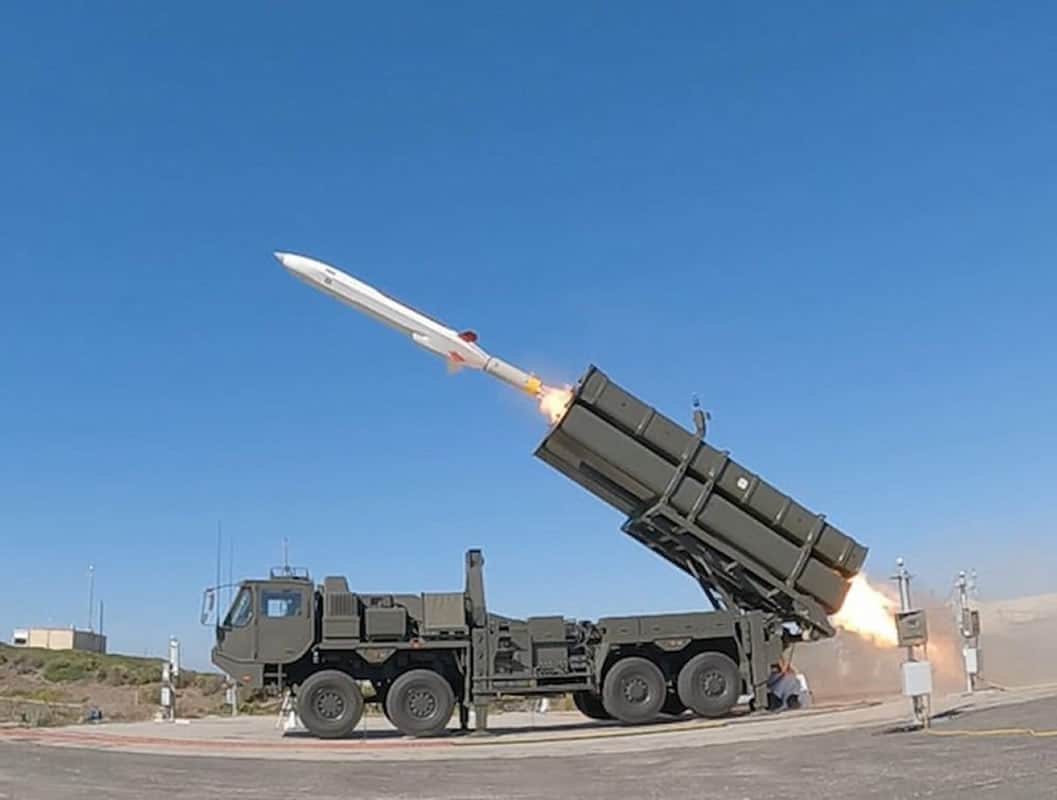
In a landmark decision, former Brazilian president Jair Bolsonaro has been sentenced to 27 years and three months in prison by the Supreme Court of Brazil. The ruling, delivered in Brasilia, marks the first time a former president in the country has been convicted for attempting to undermine democracy. This decisive verdict follows Bolsonaro’s narrow defeat in the 2022 elections and his subsequent efforts to overturn the results through a coup.
The court’s decision was reached by a majority of four out of five justices, making Bolsonaro’s sentence a significant blow to the populist far-right movement he spearheaded. The case centers around the events of January 8, 2023, when Bolsonaro’s supporters stormed the capital in a manner reminiscent of the US Capitol riot, occupying key government buildings after his electoral loss to President Luiz Inacio Lula da Silva.
Details of the Conviction
The charges against Bolsonaro were severe. Authorities revealed that Bolsonaro was aware of a plot to assassinate key political figures, including Lula, Vice President Geraldo Alckmin, and Supreme Court Justice Alexandre de Moraes. Justice Carmen Lucia, in her statement, emphasized the historical significance of the case, describing it as a meeting between Brazil’s past, present, and future.
Justice Cristiano Zanin, the final judge to cast his vote, highlighted Bolsonaro’s role in inciting and approving violent actions against the nation’s institutions. The charges against the former president included participation in an armed criminal organization, attempting to violently abolish democracy, organizing a coup, and damaging government property and cultural assets. Despite the overwhelming evidence, one judge, Justice Luiz Fux, dissented, acquitting Bolsonaro of all charges.
Reactions and Implications
Bolsonaro’s legal team has announced plans to appeal the verdict to the full Supreme Court, which consists of 11 justices. They argue that the trial was politically motivated, a sentiment echoed by Bolsonaro who has consistently denied any wrongdoing. Meanwhile, the conviction has sparked international reactions, with former US President Donald Trump expressing surprise and drawing parallels to his own legal challenges.
Historian Carlos Fico from the Federal University of Rio de Janeiro noted the unprecedented nature of the ruling, marking the first time military officials have faced punishment for attempting to overthrow democracy in Brazil. This development is seen as a critical moment for Brazil’s democracy, testing the resilience of its institutions against far-right extremism.
Historical Context and Future Prospects
Bolsonaro’s political journey began in the 1980s, transitioning from a city legislator to a congressman known for his defense of authoritarian policies. His rise to the presidency was fueled by anti-establishment sentiments and a focus on anti-corruption and pro-family values, resonating with voters amidst the “car wash” scandal. However, his presidency was marred by controversial stances on the pandemic and environmental policies, contributing to his electoral defeat in 2022.
The conviction and potential appeals process could have significant implications for Brazil’s political landscape, particularly as the country approaches the 2026 elections. Bolsonaro, barred from public office until 2030, has hinted at a potential return to politics, further complicating the nation’s political dynamics.
As Brazil’s judiciary continues to navigate these complex legal and political challenges, the verdict against Bolsonaro serves as a pivotal test of the country’s commitment to upholding democratic principles. The case has also highlighted the role of Justice Alexandre de Moraes, whose efforts to protect democracy have been both praised and criticized across the political spectrum.
Ultimately, the conviction of Jair Bolsonaro represents a critical juncture in Brazil’s democratic evolution, underscoring the ongoing struggle to safeguard the nation’s institutions against authoritarian threats. As the legal proceedings unfold, the world watches closely, recognizing the broader implications for democracy in Brazil and beyond.







